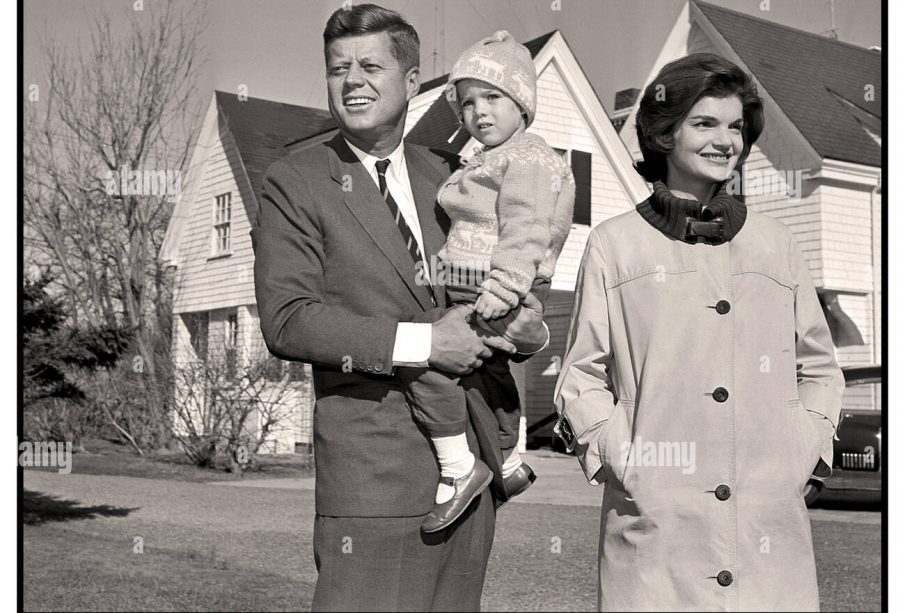The Legacy of JFK Kennedy: An Enduring Impact

Introduction
The legacy of John Fitzgerald Kennedy (JFK), the 35th President of the United States, is a topic of enduring discussion and analysis. His presidency, which lasted from 1961 until his assassination in 1963, was marked by significant events that shaped the trajectory of American history and international relations. Understanding JFK’s influence is crucial not only to piece together the events of the era but also to appreciate the ongoing impact of his policies on contemporary politics.
Key Events of JFK’s Presidency
JFK’s tenure was marked by pivotal moments, including the Cuban Missile Crisis, where his administration navigated the perilous waters of Cold War tensions. In October 1962, the discovery of Soviet missiles stationed in Cuba brought the world to the brink of nuclear war. However, Kennedy’s adept diplomacy led to a peaceful resolution, establishing his reputation as a leader capable of restraining aggressive forces.
Another landmark initiative was the establishment of the Peace Corps in 1961, aimed at promoting peace and friendship worldwide. This program has since sent thousands of American volunteers to various countries, fostering goodwill and cultural exchange. Furthermore, Kennedy’s commitment to civil rights, though somewhat cautious, set the stage for significant legislative advancements, as he called for equal rights for all Americans.
Legacy and Significance
The assassination of JFK on November 22, 1963, in Dallas, Texas, marked a profound turning point in American history. It led to an outpouring of grief and galvanized a generation’s commitment to social and political change. His iconic speeches, particularly the inaugural address in which he urged Americans to “ask not what your country can do for you, ask what you can do for your country,” continue to resonate today.
Moreover, Kennedy’s vision for America, encapsulated in his New Frontier program, sought to address pressing social issues including poverty, education, and health care. Although many of these initiatives faced challenges, they set the foundation for future reforms and government action.
Conclusion
JFK Kennedy’s presidency was brief yet impactful, characterised by bold decision-making and a vision that extended beyond American borders. His leadership during crises, commitment to the Peace Corps, and push for civil rights not only defined his time in office but also garnered a lasting legacy that continues to influence American society and politics. As new generations reflect on his contributions, it is evident that JFK’s ideals and challenges remain relevant, inviting us to consider how they shape our world today and inspire future leaders.








